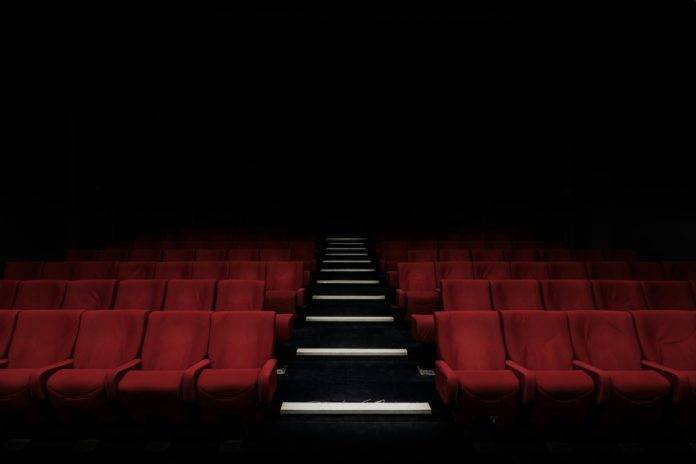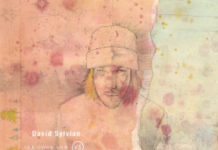A great film score enhances the storytelling and emotional impact of a movie. Here are some key elements that contribute to a remarkable film score:
1. Emotional Resonance
- Connection to Characters and Plot: The music should reflect and amplify the emotions of the characters and the narrative. It should help the audience feel the highs and lows of the story.
- Mood Setting: A well-composed score sets the mood and tone of a scene, whether it’s suspenseful, romantic, tragic, or joyful.
2. Memorable Themes
- Leitmotifs: Recurring themes or motifs associated with characters, places, or ideas can make the score memorable and give it a sense of cohesion.
- Melody and Harmony: Catchy and emotionally compelling melodies can make a score stand out and stay with the audience long after they leave the theater.
3. Integration with Visuals
- Synchronization: The score should sync well with the visual elements of the film, accentuating actions, transitions, and key moments.
- Supportive Role: The music should enhance the visuals without overpowering them. It should complement the dialogue and sound effects.
4. Variety and Adaptability
- Dynamic Range: A great score can vary in intensity, tempo, and style to match the diverse scenes in a film.
- Adaptation to Genre: The score should fit the genre of the film, whether it’s an epic, a comedy, a thriller, or a drama.
5. Technical Excellence
- Quality of Composition: The composition should be technically sound, with a strong understanding of musical theory, orchestration, and instrumentation.
- Performance and Recording: High-quality performances by musicians and top-notch recording and mixing can significantly enhance the impact of a score.
6. Innovation and Originality
- Unique Sound: A distinctive and original score can set a film apart and make it memorable.
- Creative Use of Instruments: Innovative use of traditional and non-traditional instruments can create a unique sonic landscape.
Examples of Great Film Scores
- John Williams: Known for his work on “Star Wars,” “Indiana Jones,” and “Harry Potter,” Williams’ scores are iconic and instantly recognizable.
- Hans Zimmer: His scores for “Inception,” “The Dark Knight,” and “Interstellar” are known for their powerful and immersive quality.
- Ennio Morricone: His work on “The Good, the Bad and the Ugly” and “Once Upon a Time in the West” are celebrated for their memorable themes and unique instrumentation.
Conclusion
A great film score is a blend of emotional resonance, memorable themes, visual integration, variety, technical excellence, and originality. It serves to elevate the storytelling and leave a lasting impression on the audience.
4o







